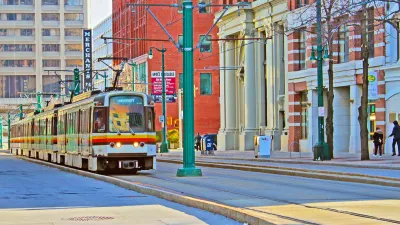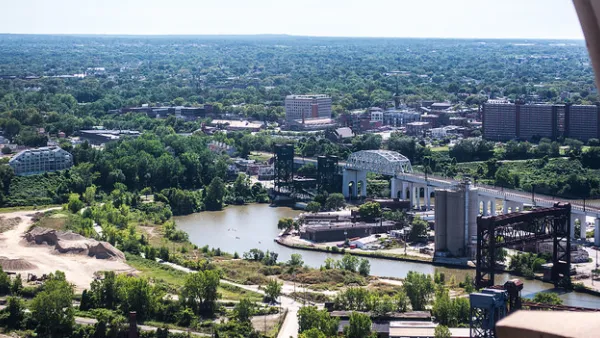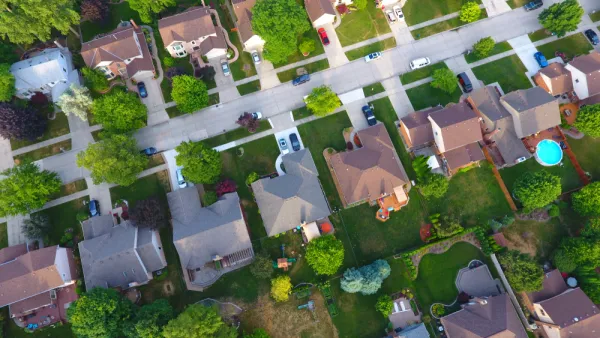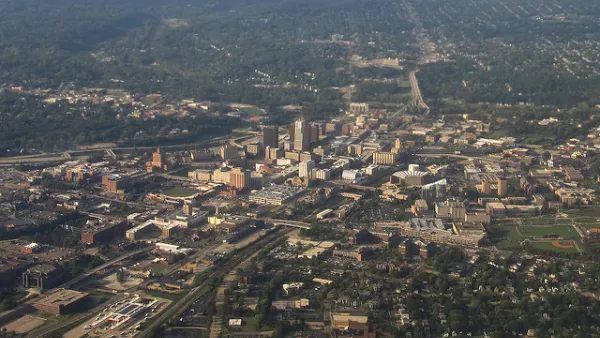Author Catherine Tumbler writes on how this Rust Belt city on Lake Erie is attempting to capitalize on its past, reverse its mistakes, and build a greener economy.

"Between 1950, when the population stood at 580,000, and 2000, Buffalo lost about half its residents, hollowing out entire neighborhoods and large parts of downtown. (Locals rejoiced when the estimated 2012 census showed that the exodus had slowed to a trickle.) Deindustrialization and outsourcing account for much of the disaster. But so does metro Buffalo’s ever-widening loop of suburban sprawl, set in motion by mid-twentieth-century subsidized housing and commercial property policies that amounted to de facto affirmative action for second-generation white immigrants. By 2000, Buffalo’s metro footprint had expanded to three times its 1950 size, but the population remained relatively constant. This meant (among other things) that the same number of people supported three times the infrastructure—including schools, roads, sewer and water lines, and police and fire protection—in a fiscally reckless, politically divisive, agriculturally improvident pattern known as 'sprawl without growth.'"
FULL STORY: Buffalo Exchange: Retrofitting a Rust Belt capital

Analysis: Cybertruck Fatality Rate Far Exceeds That of Ford Pinto
The Tesla Cybertruck was recalled seven times last year.

National Parks Layoffs Will Cause Communities to Lose Billions
Thousands of essential park workers were laid off this week, just before the busy spring break season.

Retro-silient?: America’s First “Eco-burb,” The Woodlands Turns 50
A master-planned community north of Houston offers lessons on green infrastructure and resilient design, but falls short of its founder’s lofty affordability and walkability goals.

Test News Post 1
This is a summary

Analysis: Cybertruck Fatality Rate Far Exceeds That of Ford Pinto
The Tesla Cybertruck was recalled seven times last year.

Test News Headline 46
Test for the image on the front page.
Urban Design for Planners 1: Software Tools
This six-course series explores essential urban design concepts using open source software and equips planners with the tools they need to participate fully in the urban design process.
Planning for Universal Design
Learn the tools for implementing Universal Design in planning regulations.
EMC Planning Group, Inc.
Planetizen
Planetizen
Mpact (formerly Rail~Volution)
Great Falls Development Authority, Inc.
HUDs Office of Policy Development and Research
NYU Wagner Graduate School of Public Service




























